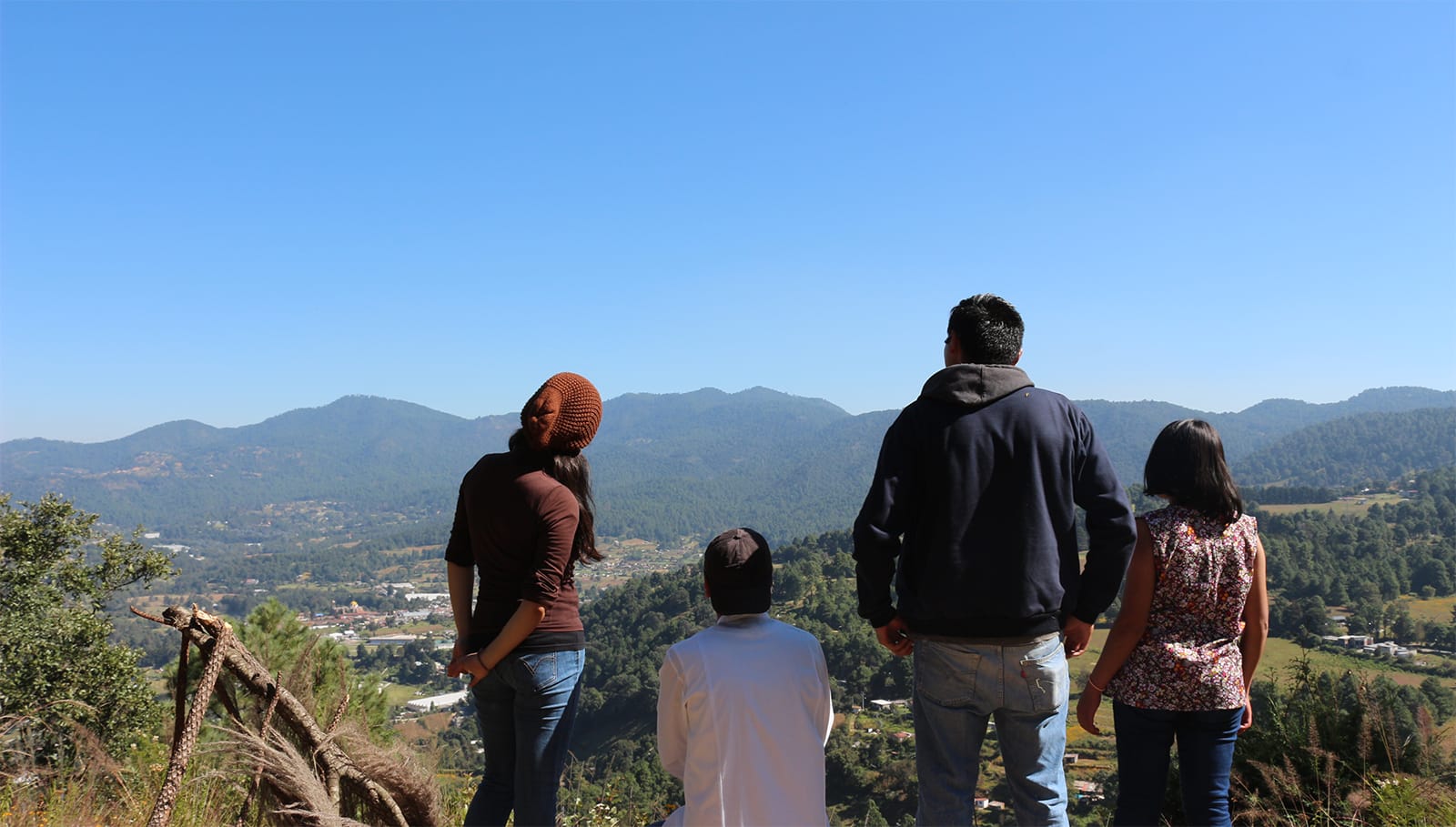In Fratelli Tutti, Pope Francis sends a positive message to all humanity: only through fraternal love will we advance as a society towards a sustainable and just future.
Fratelli Tutti is the third encyclical of Pope Francis. Signed at the tomb of St. Francis of Assisi, the Holy Father wants to invite reflection on the various realities facing society. In the document, the Pontiff addresses multiple injustices that continue to be present in society: human trafficking, the violation of human rights, excessive consumerism, migration, and the inequality of women and men, among other things.
For all these circumstances, Pope Francis proposes in Fratelli Tutti a human and necessary solution: fraternal love. Only if politics and society, as active agents, are involved so as not to leave any person behind, will the world be able to move forward and build a future that is sustainable, safe, just, and equal for all.
Ten sentences from the encyclical Fratelli Tutti
“Some parts of our human family, it appears, can be readily sacrificed for the sake of others considered worthy of a carefree existence”. (FT 18)
“In today’s world, the sense of belonging to a single human family is fading, and the dream of working together for justice and peace seems an outdated utopia”. (FT 30)
“The pain, uncertainty and fear, and the realization of our own limitations, brought on by the pandemic have only made it all the more urgent that we rethink our styles of life, our relationships, the organization of our societies and, above all, the meaning of our existence”. (FT 33)
“Today we have a great opportunity to express our innate sense of fraternity, to be Good Samaritans who bear the pain of other people’s troubles rather than fomenting greater hatred and resentment”. (FT 77)
“In the depths of every heart, love creates bonds and expands existence, for it draws people out of themselves and towards others”. (FT 88)
“Every human being has the right to live with dignity and to develop integrally; this fundamental right cannot be denied by any country”. (FT 107)
“It is truly noble to place our hope in the hidden power of the seeds of goodness we sow, and thus to initiate processes whose fruits will be reaped by others.”. (FT 196)
“A society is noble and decent not least for its support of the pursuit of truth and its adherence to the most basic of truths.”. (FT 207)
“Loving an oppressor does not mean allowing him to keep oppressing us, or letting him think that what he does is acceptable”. (FT 241)
“We Christians ask that, in those countries where we are a minority, we be guaranteed freedom, even as we ourselves promote that freedom for non-Christians in places where they are a minority”. (FT 279)


